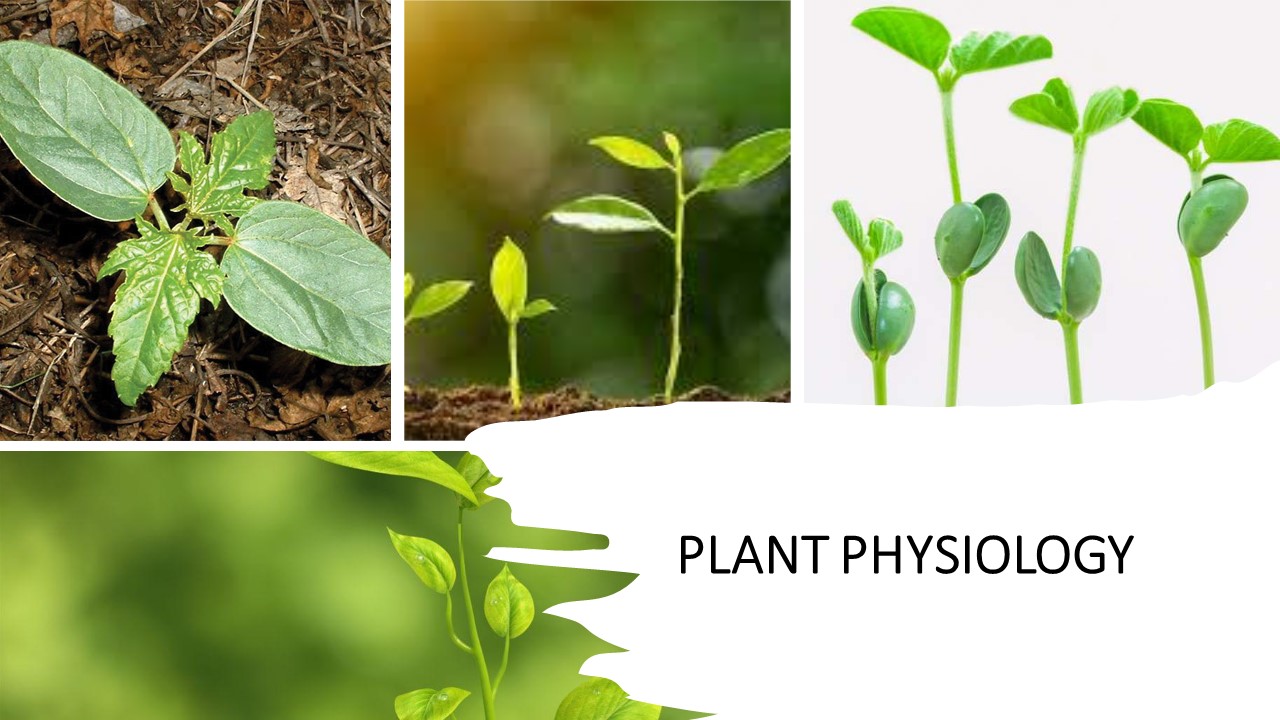STD IX – PLANT PHYSIOLOGY – ARCHIMEDES
About Course
In this section will learn the following chapters:
1.Seed - Structure and its Classification
2.Dicot And Monocot Seeds
3.Respiration In Plants
Last Updated:February 10, 2025
0 (0 Ratings)
Share Course
Page Link
Share on social media

Description
Seed – Structure and its Classification
A seed is a fertilised, matured ovule of a flowering plant, containing an embryo. This tiny embryo enclosed within the seed devolves to form a new plant by the process of germination. Plant embryo in seeds have structures called cotyledons.
Dicot And Monocot Seeds
The structure of Dicot Seed:
A bean (dicot) seed is normally kidney shaped, flat and has a notch on one side.Dicots have two seed leaves inside the seed coat. They are usually rounded and fat because they contain the endosperm to feed the embryo plant.
Dicot seed consists of the following parts:
Hilum | Micropyle | Seed coats | Embryo
The structure of Monocot Seed:
The maize grain (monocot) is roughly oval in shape and normally flattened. The lower narrower portion shows a white triangular region, which is the embryo. The broader and more yellowish region is the endosperm.
Monocot seed consists of the following parts:
Endosperm | Embryo
Germination :
Germination is the development of a plant from a seed or spore under specific environmental conditions. In other words, Seed germination is a process in which dormant embryo of seed resumes metabolic activities and grows to produce a seedling.
There are 2 types of Germination, namely:
Epigeal Germination.
Hypogeal Germination.
Respiration In Plants
Respiration:
The process which helps in releasing of energy from cells of the body is Respiration It is a catabolic process
Glycolysis
Glycolysis is the metabolic process that serves as the foundation for both aerobic and anaerobic cellular respiration. In glycolysis, glucose is converted into pyruvate.
Aerobic Respiration
The breakdown of glucose in cells in the presence of oxygen is called aerobic respiration.
ATP (Adenosine triphosphate) undergoes hydrolysis to give adenosine diphosphate (ADP), inorganic phosphorus, and energy.
Kreb’s cycle or Citric acid cycle
It is a series of chemical reactions used by all aerobic organisms to release stored energy through the oxidation of acetyl-CoA derived from carbohydrates, fats and proteins into carbon dioxide and chemical energy in the form of adenosine triphosphate, (ATP.)
Anaerobic Respiration:
The breakdown of glucose in the absence of oxygen is called anaerobic respiration.
Sometimes, glucose undergoes incomplete oxidation to form ethanol and carbon dioxide and a lesser amount of energy is released. This is anaerobic respiration or fermentation. It may occur temporarily in plants and in our muscle cells when oxygen is not available.
Free
Free
Free access this course
-
LevelIntermediate
-
Total Enrolled2
-
Last UpdatedFebruary 10, 2025
Hi, Welcome back!
Material Includes
- 🔥 Live Interactive classes with in-class doubt solving
- ⭐ Weekly Test and Quiz with instant tracking for progress
- ⚙️ Revision of the course after testing
- 👋 Fortnightly Parents and Tutor interactions
- 🌷 Expert monitoring of student's learning progress
- 👨👩👧👧 Daily communication over call, whatsapp and mail
- 💻3 hours on-demand video
- ✍4 downloadable resources
- ⌛Access for entire Academic Year
- 📱Access on mobile and Desktop
- 📋Assignments and review of the same
- 💡Tests and Correction by Board paper checkers
- 🏅Certificate of completion and Live tracking with Grade book
Course Duration:
0
Course level:Intermediate
Enrolled:2
About Course
In this section will learn the following chapters:
1.Seed - Structure and its Classification
2.Dicot And Monocot Seeds
3.Respiration In Plants
Course Curriculum
SEEDS
-
[PHYSICSL] [SNEH] SEED STRUCTURE AND GERMINATION – INTRODUCTION OF SEEDS
05:02 -
[PHYSICAL] [SNEH] SEEDS STRUCTURE AND GERMINATION – ENDOSPERMIC AND NON- ENDOSPERMIC
05:17 -
[PHYSICAL] [SNEH] SEEDS STRUCTURE AND GERMINATION – ALBUMINOUS AND NON-ALBUMINOUS
03:15 -
[PHYSICAL] [SNEH]SEEDS STRUCTURE AND GERMINATION -MONOCOT AND DICOT SEEDS
08:03 -
[PHYSICAL][SNEH] SEEDS STRUCTURE AND GERMINATION – BEANS SEEDS
06:42 -
[PHYSICAL] [SNEH] SEED STRUCTURE AND GERMINATION – STRUCTURE OF MAIZE SEED
05:35 -
[PHYSICAL] [SNEH] SEED STRUCTURE AND GERMINATION – RECAP STRUCTURE OF SEEDS
03:44 -
[PHYSICAL] [SNEH]SEED STRUCTURE AND GERMINATION – LABELLED DIAGRAM MAIZE SEED
06:03 -
[PHYSICAL] [SNEH] SEED STRUCTURE AND GERMINATION – LABELLED DIAGRAM BEAN SEED
03:25 -
[PHYSICAL] [SNEH] SEEDS – STRUCTURE OF SEEDS – PART – I
14:55 -
[PHYSICAL] [SNEH] SEEDS – STRUCTURE OF SEEDS – PART – II
13:18 -
[PHYSICAL] [SNEH] SEEDS – STRUCTURE OF SEEDS – PART – III
18:25
FERTILIZATION
-
[PHYSICAL] [SNEH] FERTILIZATION – INTRODUCTION
18:10 -
[PHYSICAL] [SNEH] FERTILIZATION – CHARACTERTICS OF FERTILIZATION
15:22 -
[PHYSICAL] [SNEH] FERTILIZATION – CONDITIONS FOR FERTILIZATION
15:42
RESPIRATION IN PLANT
-
[PHYSICAL] [SNEH]RESPIRATION IN PLANT – RESPIRATION REACTION
13:09 -
[PHYSICAL] [SNEH] RESPIRATION IN PLANT – CHARACTERISTICS OF RESPIRATION
13:18 -
[PHYSICAL] [SNEH] RESPIRATION IN PLANT – ADENOSINE TRIPHOSPHATE
13:23 -
[PHYSICAL] [SNEH] RESPIRATION IN PLANT – FERMENTATION AND RESPIRATION
13:34 -
[PHYSICAL] [SNEH] RESPIRATION IN PLANT – RESPIRATION AND COMBUSTION
13:42 -
[PHYSICAL] [SNEH] RESPIRATION IN PLANT – HOW TO PLANT RESPIRE
13:52 -
[PHYSICAL] [SNEH] RESPIRATION IN PLANT – AEROBIC AND ANAEROBIC RESPIRATION
14:05 -
[PHYSICAL] [SNEH] RESPIRATION IN PLANTS – ANAEROBIC RESPIRATION
16:49 -
[PHYSICAL] [SNEH] RESPIRATION IN PLANTS- INTRODUCTION TO GLYCOLYSIS AND KREBBS CYCLE
18:58 -
[PHYSICAL] [SNEH] RESPIRATION IN PLANTS – PART 1
19:24 -
[PHYSICAL] [SNEH] RESPIRATION IN PLANT – RESPIRATORY SYSTEM – PARTS OF RESPIRATION
17:06 -
[PHYSICAL] [SNEH] RESPIRATION IN PLANT – PART – I
17:57 -
[PHYSICAL] [SNEH] RESPIRATION IN PLANT – PART – II
17:13 -
RESPIRATION – PHYSICAL CLASS – PART – III
21:49 -
RESPIRATION – PHYSICAL CLASS – PART – IV
08:01 -
[PHYSICAL] [SNEH] RESPIRATORY SYSTEM – PART – III
GERMINATION – INTRODUCTION OF GERMINATION
-
[PHYSICAL] [SNEH] GERMINATION – INTRIDUCTION TO GERMINATION
15:29 -
[PHYSICAL] [SNEH] GERMINATION- PROCESS OF GERMINATION
20:34
ASSIGNMENTS AND DUE DATES
ADDITIONAL MATERIAL
-
[ONLINE] [PPT] DICOT AND MONOCOT SEEDS – SUPPORT MATERIAL – SEED STRUCTURE
00:39 -
[ONLINE] [PPT] DICOT AND MONOCOT SEEDS – SUPPORT MATERIAL – DICOT AND MONOCOT SEEDS
01:16 -
[ONLINE] [PPT] FERTILISATION – SUPPORT MATERIAL – FERTILIZATION
02:25 -
[ONLINE] [PPT] FERTILISATION – SUPPORT MATERIAL REPRODUCTION IN PLANTS
09:00
Student Ratings & Reviews

No Review Yet

